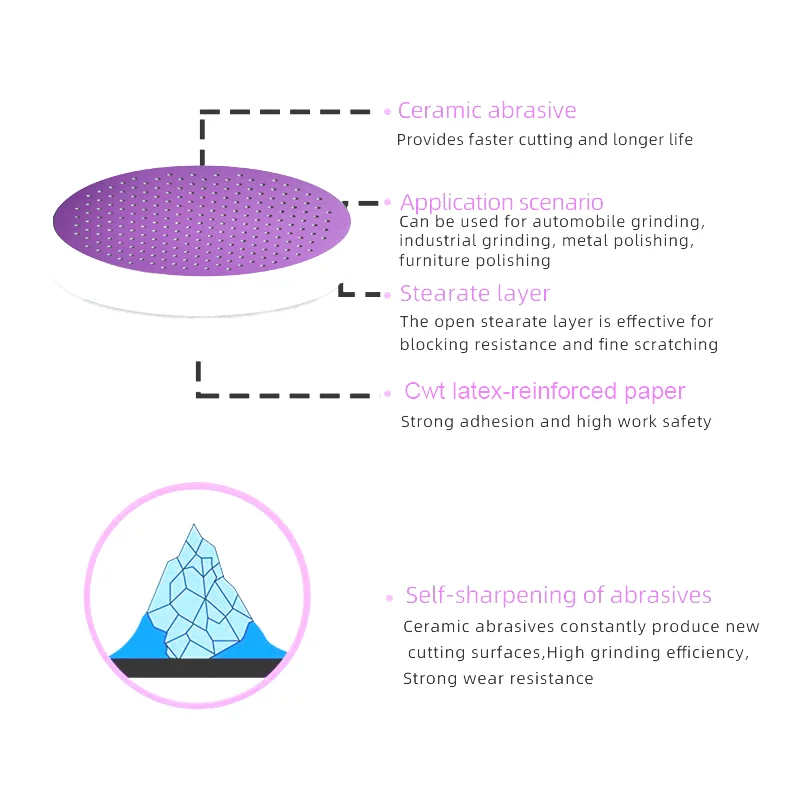In the fast-paced world of consumer goods, the term Fast-Moving Consumer Goods (FMCG) encompasses a vast array of products that are sold quickly at relatively low cost. These items are essential to our daily lives, ranging from food and beverages to personal care and household products. Understanding what constitutes the most sold FMCG product not only sheds light on consumer behavior but also reveals the underlying market dynamics that drive these sales.
The Landscape of FMCG Products
FMCG products are characterized by their high turnover rates and low margins. They are typically sold in large volumes, making them a crucial segment of the retail market. The FMCG sector is divided into several categories, including:
- Food and Beverages: This category includes everything from packaged snacks to beverages like soft drinks and bottled water.
- Personal Care: Products such as shampoos, soaps, and cosmetics fall under this umbrella.
- Household Care: Cleaning products, detergents, and other household essentials are included here.
- Health and Wellness: Vitamins, supplements, and over-the-counter medications are part of this growing segment.
Identifying the Most Sold FMCG Product
When we delve into the specifics of the most sold FMCG product, it’s essential to consider various factors such as geographical location, consumer preferences, and market trends. Globally, one of the standout products in the FMCG category is Coca-Cola. This iconic beverage has maintained its position as a market leader for decades, thanks to its effective marketing strategies, extensive distribution network, and strong brand loyalty.
Factors Contributing to Coca-Cola's Success
- Brand Recognition: Coca-Cola is one of the most recognized brands worldwide. Its logo and advertising campaigns have created a strong emotional connection with consumers, making it a go-to choice for many.
- Diverse Product Range: While Coca-Cola Classic remains a flagship product, the company has diversified its offerings to include diet versions, flavored variants, and even non-carbonated beverages. This adaptability allows Coca-Cola to cater to a broader audience.
- Global Distribution: Coca-Cola's extensive distribution network ensures that its products are available in even the most remote locations. This accessibility is a significant factor in its high sales volume.
- Strategic Marketing: The company invests heavily in marketing and promotional activities, often aligning its campaigns with cultural events and social movements, which resonates well with consumers.
Market Trends Influencing FMCG Sales
The FMCG landscape is continually evolving, influenced by various market trends. Understanding these trends is crucial for businesses aiming to thrive in this competitive environment.
- Health Consciousness: As consumers become more health-conscious, there is a growing demand for healthier options. This trend has led to an increase in sales of organic and natural products, impacting traditional FMCG sales.
- E-commerce Growth: The rise of online shopping has transformed the FMCG sector. Consumers now prefer the convenience of purchasing products online, leading to a surge in e-commerce platforms that cater specifically to FMCG goods.
- Sustainability: With increasing awareness of environmental issues, consumers are gravitating towards brands that prioritize sustainability. This shift is prompting FMCG companies to adopt eco-friendly practices and packaging.
- Personalization: The demand for personalized products is on the rise. Brands that can tailor their offerings to meet individual consumer preferences are likely to see increased sales.
Conclusion
In conclusion, the most sold FMCG product, exemplified by Coca-Cola, reflects a combination of effective branding, diverse product offerings, and strategic marketing. As the FMCG landscape continues to evolve, businesses must stay attuned to market trends and consumer preferences to maintain their competitive edge. Understanding the dynamics behind the sales of FMCG products not only provides insights into consumer behavior but also highlights the importance of adaptability in a rapidly changing market.

